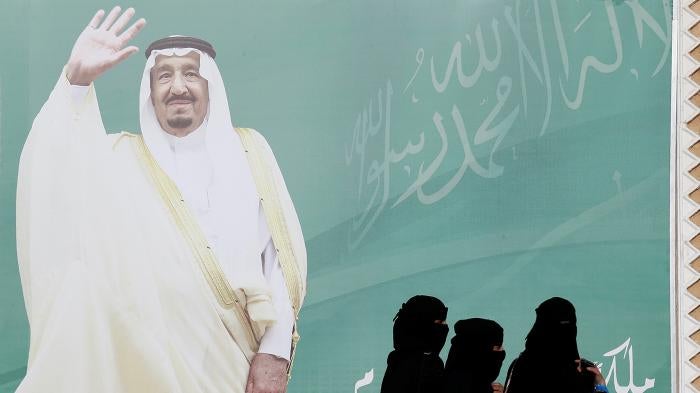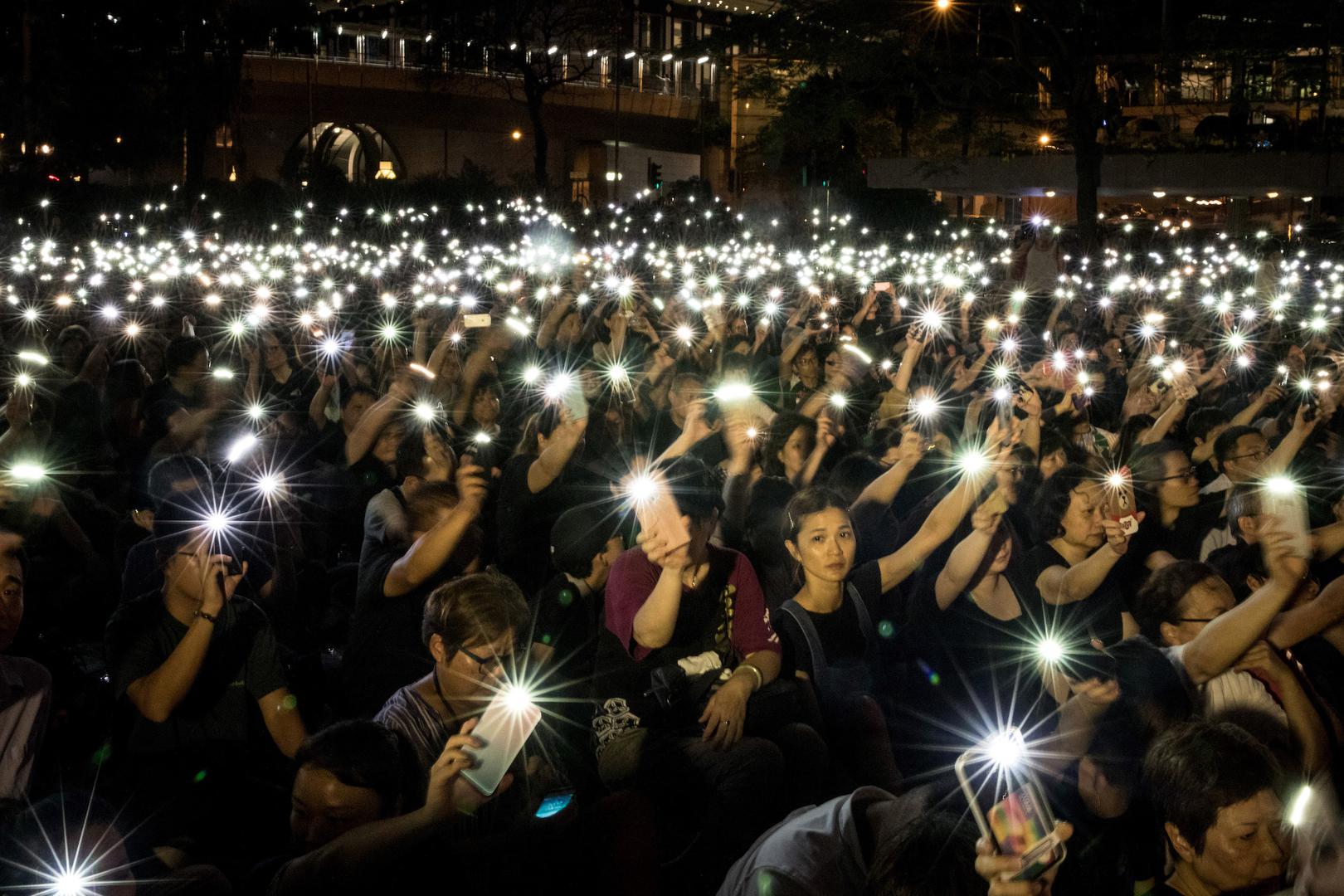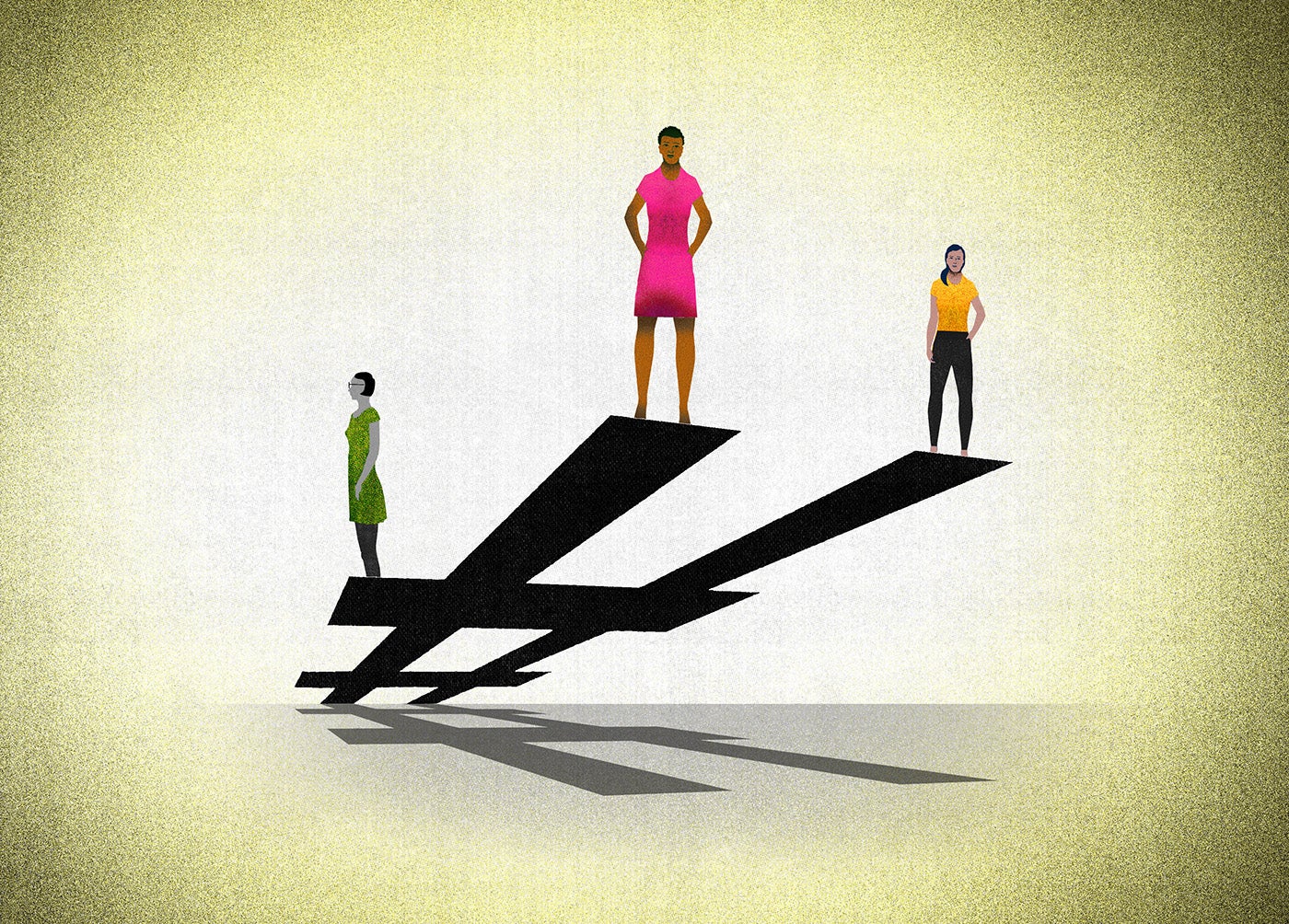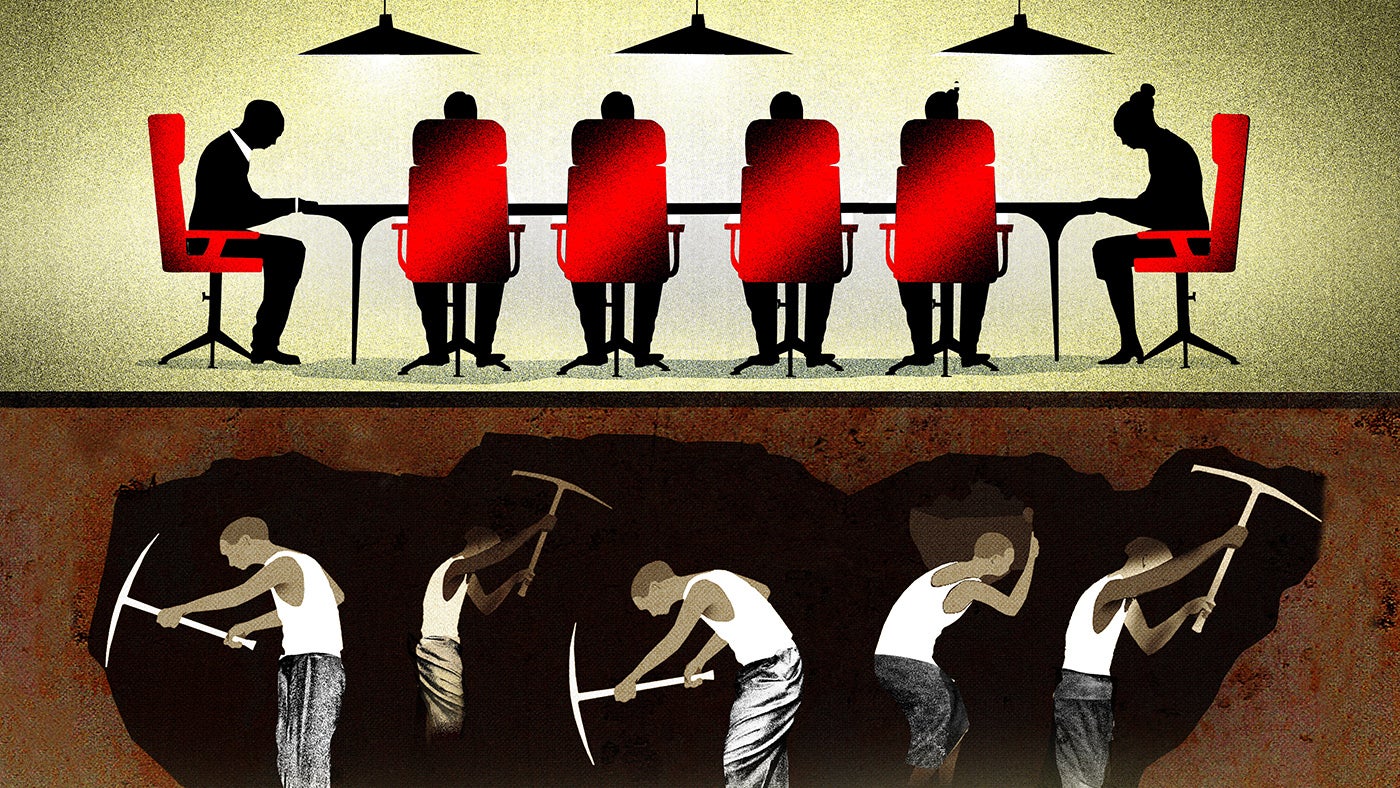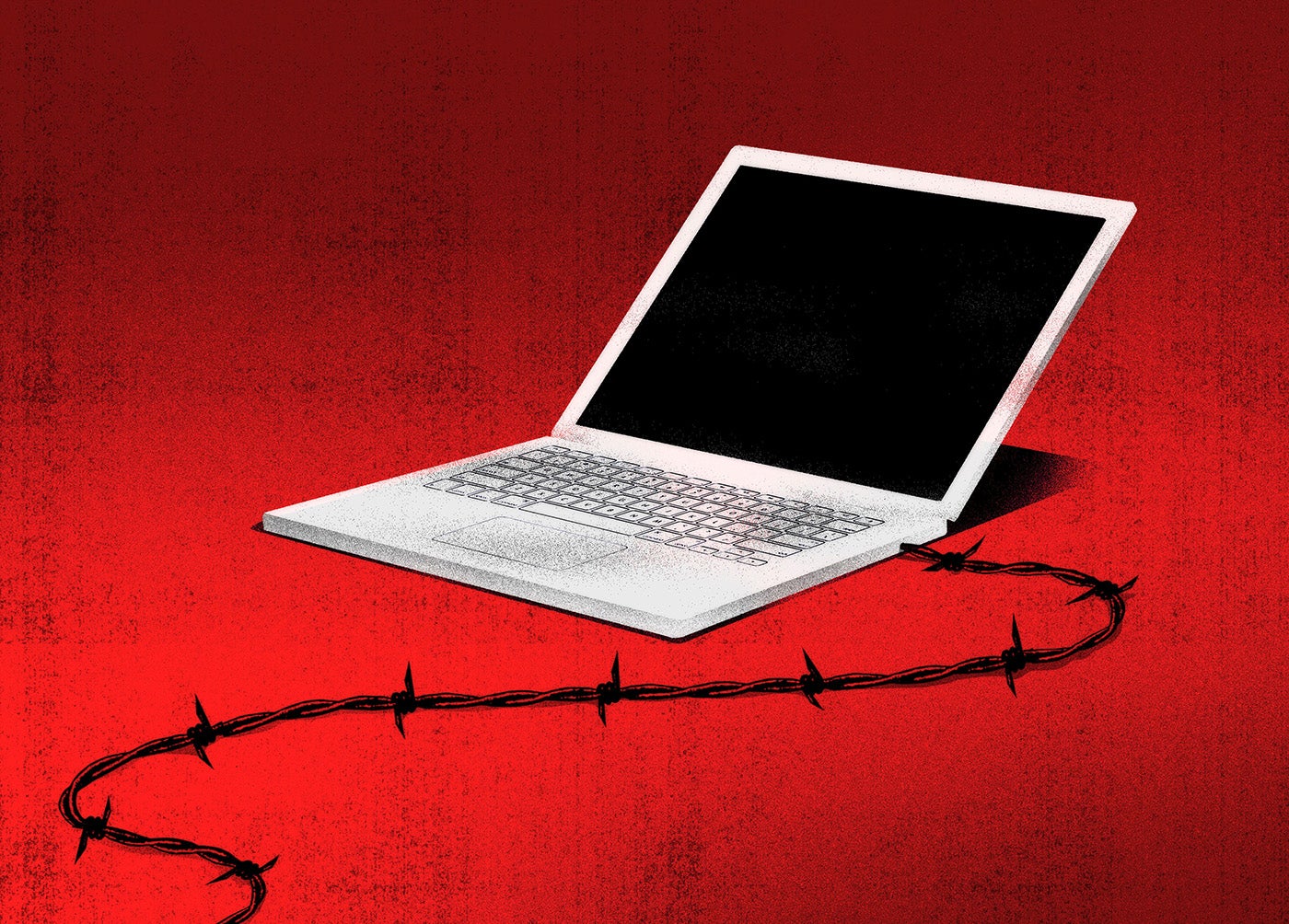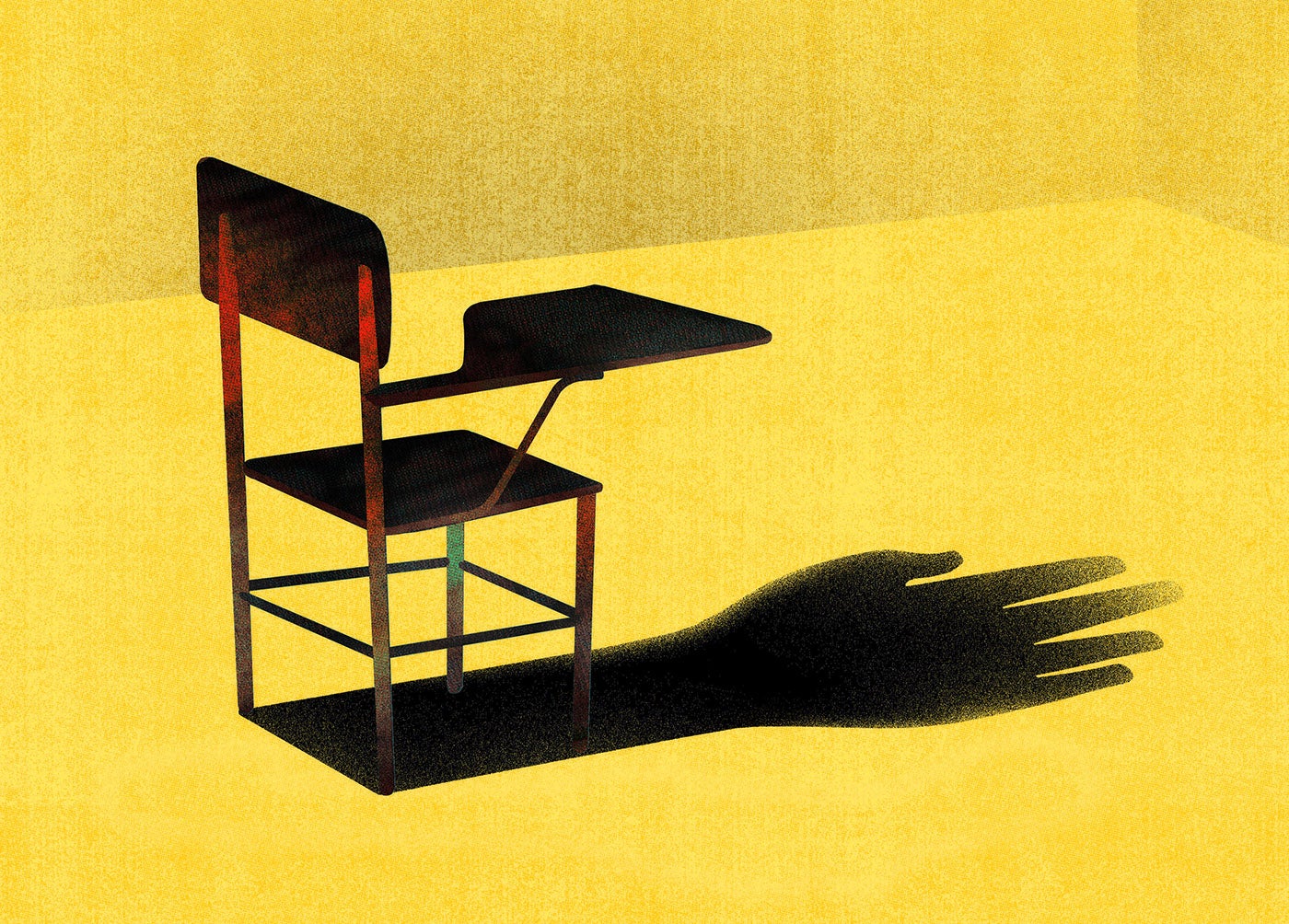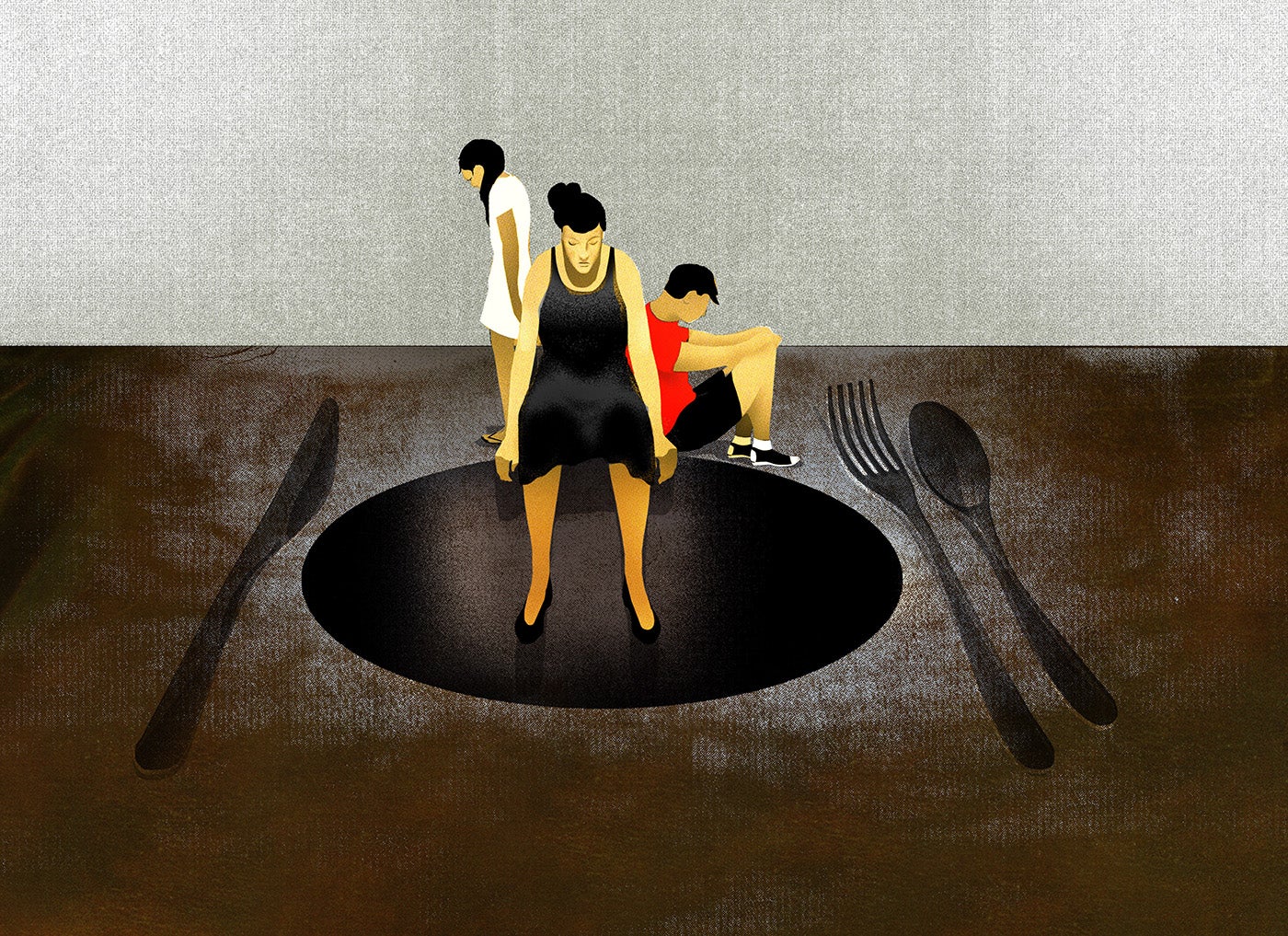Saudi Arabia faced unprecedented international criticism in 2019 for its human rights record, including the failure to provide full accountability for the murder of Saudi journalist Jamal Khashoggi by Saudi agents in October 2018, as well as the country’s dismal treatment of Saudi dissidents and human rights activists.
Amid the criticism, Saudi authorities announced landmark reforms for Saudi women that, if fully implemented, represent a significant step forward including allowing Saudi women to obtain passports and travel abroad without the approval of a male relative for the first time. However, discrimination remains in other areas, and women’s rights activists remain detained, on trial, or silenced for their activism.
Through 2019, the Saudi-led coalition continued a military campaign against the Houthi rebel group in Yemen that has included scores of unlawful airstrikes that have killed and wounded thousands of civilians.
Yemen Airstrikes and Blockade
As the leader of the coalition that began military operations against Houthi forces in Yemen on March 26, 2015, Saudi Arabia has committed numerous violations of international humanitarian law. As of June, at least 7,292 civilians had been killed and 11,630 wounded, according to the Office of the United Nations High Commissioner for Human Rights (OHCHR), although the actual civilian casualty count is likely much higher. The majority of these casualties were a result of coalition airstrikes.
Since March 2015, Human Rights Watch has documented numerous unlawful attacks by the coalition that have hit homes, markets, hospitals, schools, and mosques. Some of these attacks may amount to war crimes. Saudi commanders face possible criminal liability for war crimes as a matter of command responsibility. Human Rights Watch documented five deadly attacks carried out by coalition naval forces on Yemeni fishing boats since 2018 that killed at least 47 Yemeni fishermen, including seven children, as well as the coalition’s detention of more than 100 others, some of whom say they were tortured in custody in Saudi Arabia.
The conflict exacerbated an existing humanitarian crisis. The Saudi-led coalition has imposed an aerial and naval blockade since March 2015 and restricted the flow of life-saving goods and the ability for Yemenis to travel into and out of the country to varying degrees throughout the war. (See also Yemen chapter).
Freedom of Expression, Association, and Belief
Saudi authorities in 2019 continued to repress dissidents, human rights activists, and independent clerics.
In March, Saudi Arabia opened individual trials of prominent Saudi women before the Riyadh Criminal Court and dismissed all allegations that the women faced torture or ill-treatment in detention. Most of the women faced charges that were solely related to peaceful human rights work, including promoting women’s rights and calling for an end to Saudi Arabia’s discriminatory male guardianship system.
Prosecutors also accused the women of sharing information about women’s rights in Saudi Arabia with journalists based in Saudi Arabia, diplomats, and international human rights organizations, including Human Rights Watch and Amnesty International, deeming such contacts a criminal offense. On June 27, Saudi authorities opened a separate trial of prominent human rights activists Nassima al-Sadah and Samar Badawi before the Specialized Criminal Court in Riyadh, but by November the charges against them were not public. Authorities allowed for the “temporary release” of most of the women activists in March and May pending the outcome of their trials, but as of November the trials appeared to be on hold and four—Loujain al-Hathloul, Samar Badawi, Nassima al-Sadah, and Nouf Abdulaziz—remained in detention.
Saudi prosecutors in 2019 continued to seek the death penalty against detainees on charges that related to nothing more than peaceful activism and dissent. By November, those on trial facing the death penalty included prominent cleric Salman al-Awda, whose charges were connected to his alleged ties with the Muslim Brotherhood and public support for imprisoned dissidents, as well as Hassan Farhan al-Maliki on vague charges relating to the expression of his peaceful religious ideas.
Over a dozen prominent activists convicted on charges arising from their peaceful activities were serving long prison sentences. Prominent activist Waleed Abu al-Khair continued to serve a 15-year sentence that the Specialized Criminal Court imposed on him after convicting al-Khair in 2014 on charges stemming solely from his peaceful criticism in media interviews and on social media of human rights abuses.
With few exceptions Saudi Arabia does not tolerate public worship by adherents of religions other than Islam and systematically discriminates against Muslim religious minorities, notably Twelver Shia and Ismailis, including in public education, the justice system, religious freedom, and employment. Government-affiliated religious authorities continued to disparage Shia and Sufi interpretations, versions, and understandings of Islam in public statements, documents, and school textbooks.
Saudi Arabia has no written laws concerning sexual orientation or gender identity, but judges use principles of uncodified Islamic law to sanction people suspected of committing sexual relations outside marriage, including adultery, extramarital, and homosexual sex. If individuals are engaging in such relationships online, judges and prosecutors utilize vague provisions of the country’s anti-cybercrime law that criminalize online activity impinging on “public order, religious values, public morals, and privacy.”
Criminal Justice
Saudi Arabia applies Sharia (Islamic law) as its national law. There is no formal penal code, but the government has passed some laws and regulations that subject certain broadly defined offenses to criminal penalties. In the absence of a written penal code or narrowly-worded regulations, however, judges and prosecutors can convict people on a wide range of offenses under broad, catch-all charges such as “breaking allegiance with the ruler” or “trying to distort the reputation of the kingdom.” Detainees, including children, commonly face systematic violations of due process and fair trial rights, including arbitrary arrest.
On April 23, 2019, Saudi Arabia carried out a mass execution of 37 men in various parts of the country. At least 33 were from the country’s minority Shia community who had been convicted following unfair trials for various alleged crimes, including protest-related offenses, espionage, and terrorism.
Judges routinely sentence defendants to floggings of hundreds of lashes. Children can be tried for capital crimes and sentenced as adults if they show physical signs of puberty.
One of those executed on April 23, Abdulkareem al-Hawaj, committed his offenses and was arrested when he was a child. As of September 2019, Ali al-Nimr, Dawoud al-Marhoun, Abdullah al-Zaher, and others remained on death row for allegedly committing protest-related crimes while they were children. Saudi judges based the capital convictions primarily on confessions that the defendants retracted in court and said had been coerced under torture, allegations the courts did not investigate.
According to Interior Ministry statements, Saudi Arabia executed 179 persons between January and mid-November, mostly for murder and drug crimes. Eighty-one of those executed were convicted for non-violent drug crimes. Executions are carried out by firing squad or beheading, sometimes in public.
Women’s and Girls’ Rights
In late July, Saudi Arabia’s Council of Ministers promulgated landmark amendments to the three laws that will begin to dismantle the country’s discriminatory male guardianship system.
The changes to the Travel Documents Law permit “anyone holding Saudi nationality” to obtain a Saudi passport, allowing women over 21 to obtain their own passports without their male guardian’s permission for the first time. In mid-August, Saudi authorities announced further changes to regulations allowing women over 21 to travel abroad freely without permission from their male guardian.
The reforms also included important advances for women on civil status issues, whereby a woman can now register her children’s births with the civil status office, which was previously restricted to fathers or paternal relatives, as well as inform the office of a death, marriage, or divorce. The changes allow women, along with their husbands, to be considered a “head of household” with respect to their children, which should improve Saudi women’s ability to conduct government business on their children’s behalf.
Finally, changes to the Labor Law clarified that a “worker” can be female as well as male and introduced a new protection against discrimination in employment on the basis of sex, disability, or age. This major advance should make it illegal for private employers to demand that potential female employees obtain approval of their male guardian to work.
Despite the changes, Saudi women still must obtain a male guardian’s approval to get married, leave prison, or obtain certain healthcare. Women also continue to face discrimination in relation to marriage, family, divorce, and decisions relating to children (e.g. child custody). Men can still file cases against daughters, wives, or female relatives under their guardianship for “disobedience,” which can lead to forcible return to their male guardian’s home or imprisonment. Women’s rights activists who fought for these important changes remain in jail or on trial for their peaceful advocacy.
Migrant Workers
Millions of migrant workers fill mostly manual, clerical, and service jobs in Saudi Arabia, though government efforts to nationalize the workforce in addition to the imposition of a monthly tax on foreign workers’ dependents in mid-2017 and increasing exclusions of migrants from certain employment sectors led to an exodus of at least 1.1 million migrant workers between January 2017 and September 2018.
Some migrant workers suffer abuses and exploitation, sometimes amounting to conditions of forced labor. The kafala (visa sponsorship) system ties migrant workers’ residency permits to “sponsoring” employers, whose written consent is required for workers to change employers or leave the country under normal circumstances. Some employers confiscate passports, withhold wages, and force migrants to work against their will. Saudi Arabia also imposes an exit visa requirement, forcing migrant workers to obtain permission from their employer to leave the country. Workers who leave their employer without their consent can be charged with “absconding” and face imprisonment and deportation.
In November 2017, Saudi Arabia launched a campaign to detain foreigners found in violation of existing labor, residency, or border security laws, including those without valid residency or work permits, or those found working for an employer other than their legal sponsor. On September 21, 2019, authorities announced that the campaign had netted over 3.8 million arrests, including for over 3 million residency law violations and over 595,000 labor law violations.
The campaign had referred over 962,000 individuals for deportation. The International Organization for Migration (IOM) estimates as many as 500,000 Ethiopians were in Saudi Arabia when the deportation campaign began. About 260,000 Ethiopians, an average of 10,000 per month, were deported from Saudi Arabia to Ethiopia between May 2017 and March 2019, according to the IOM, and deportations have continued.
Saudi Arabia is not party to the 1951 Refugee Convention and does not have an asylum system under which people fearing persecution in their home country can seek protection, leading to a real risk of deporting them to harm.
Migrant domestic workers, predominantly women, faced a range of abuses including overwork, forced confinement, non-payment of wages, food deprivation, and psychological, physical, and sexual abuse for which there was little redress.
Key International Actors
As a party to the armed conflict in Yemen, the US provided logistical and intelligence support to Saudi-led coalition forces. In July, the US Congress voted to block an $8.1 billion sale of precision-guided bombs and related components to Saudi Arabia but failed to override President Donald Trump’s veto.
On June 20, a UK appeals court ruled that the UK government’s refusal to consider Saudi Arabia’s laws-of-war violations in Yemen before licensing arms sales was unlawful. The UK government appealed but agreed to suspend new arms sales to Saudi Arabia until the UK government makes a new lawful decision on arms licenses or obtains a new court order. Three months after the court ruling, the UK apologized for a couple of arms sales to Saudi Arabia despite a court ruling that led the UK to stop issuing licenses.
In February, the European Parliament adopted a resolution calling on Saudi Arabia to immediately and unconditionally release women’s rights defenders and other dissidents. The resolution also called for an EU-wide ban on export of surveillance systems, reiterated that arms sales to Saudi Arabia contravene the EU’s common position on arms exports, and called for “restricted measures against Saudi Arabia in response to breaches of human rights, including asset freezes and visa bans.” The European Union released statements in October and November calling for accountability for the murder of Jamal Khashoggi, but had not yet at time of writing publicly called for the release of 2015 Sakharov Prize laureate Raif Badawi.
At the UN Human Rights Council in March, Iceland delivered the first ever joint statement on Saudi human rights abuses on behalf of 36 countries, calling on Saudi Arabia to release human rights defenders detained for exercising their fundamental freedoms, and condemning “in the strongest possible terms” the killing of Jamal Khashoggi. This was followed by a further joint statement at the Human Rights Council’s September session, highlighting serious human rights violations in Saudi Arabia, calling on Saudi authorities to ensure truth and accountability for the murder of Khashoggi, and for an end to impunity for torture and extrajudicial killings.
In July, UN Secretary-General Antonio Guterres released his annual “list of shame” for violations against children in armed conflict. This list included many of Yemen’s warring parties—the Houthis, Al-Qaeda in the Arabian Peninsula, pro-government militias, and Security Belt forces. However, the secretary-general placed the Saudi-led coalition on a special list for countries that put in place “measures to improve child protection,” even though the number of child casualties attributed to the coalition was higher than the previous year.
The secretary-general also resisted calls from human rights organizations to launch an investigation into Khashoggi’s murder, eliciting criticism from UN special rapporteur for extrajudicial killings, Agnes Callamard. Callamard conducted her own investigation and determined that a further criminal investigation should look into possible responsibility of senior Saudi leaders, including the crown prince.
